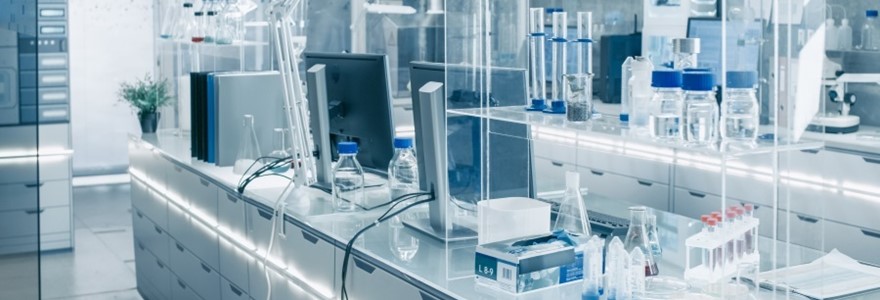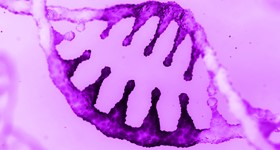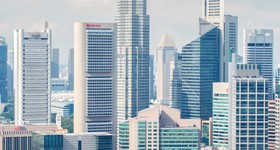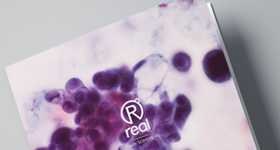New regulations for Singapore’s medical devices market – opportunistic or limiting?

The Internet of Things (IoT) have brought about an era of interconnectedness with technology. This has revolutionised the medical industry where smart devices, medical apps and IT equipment are now more prevalent and widespread than before.
While this spurt of innovation has brought about a massive growth in the medical industry, it was also an indication for the industry to start regulating and mitigating any risks associated with it.
Singapore have established a head start as regulators of the medical devices market have begun enforcement of certain key regulatory changes.
What catalysed the move for regulatory change?
-
Rising Medical Devices market
Singapore is a regional hub for MedTech. Home to more than 60 multinational MedTech companies, it aims to bring about the highest quality of healthcare. And this market has been rising with steady growth and demand throughout the years. It is predicted that the region is gearing up in an attempt to overtake the European Union as the second largest international market by 2020.
Singapore’s MedTech cluster has developed vastly in recent years including the hosting of a collection of start-ups that are currently creating products which will support and help in the advancements of patient care.
This complements the global medical devices market which is projected to grow at an increasing speed.
-
Rising risks involved in MedTech
With medical devices being connected on shared clouds and IT systems, it has also heightened the vulnerability to hacks and attacks.
Medical practitioners need to be aware of the risks in order to maintain best practices. This is especially important in new fields of micro and nanotechnology, inspecton equipment and testing services. Medical devices for instance, are already redefining the health and pharmaceutical market with latest advances in Software as a Medical Device (SaMD), 3D printing, cold chain control into the pharmacy and many more. These devices can now be connected via cloud and therein lies potential risks of unauthorised use of individuals’ personal and health related information.
Hence, Singapore’s Health Services Authority (HSA) is an agency that is constantly on the lookout for the best ways to regulate medical devices in the country.
How are medical devices regulated in Singapore?
-
Classifying devices by class: High-risk vs Low-risk
The risk presented by a particular medical device depends substantially on its intended purpose and inherent risk.
The classification of each device also depends on the claims made by the manufacturer, on its intended use, and design.
In the case for high-risk devices, insufficient information exists to determine whether general or special controls are sufficient to provide reasonable assurance of the product’s safety and effectiveness. Hence, a device as such would require an extended period of monitoring, as compared to a low-risk device.
-
Protocol by HSA:
The HSA will be strengthening post-market surveillance, which includes checking and monitoring of product compliance in Singapore as well as close monitoring of adverse events overseas, in order to detect safety issues early.
Opportunities reaped with regulations
The goal of regulations is to protect public interest and consumers, promote safety and enable fair markets.
-
Greater and quicker market penetration: With stronger regulations in place and greater compliance, there will be a direct improvement in market access conditions for valuable and life-saving medical technology innovation.
- Transparency: This is in terms of providing clearer guidance to processes e.g. product labelling and packaging.
Relieving the burden of the regulatory process: Regulators will have to work closely with manufacturing teams. This will result in lesser loopholes and occurrences of miscommunication which would otherwise undermine the regulatory process and cause time delays.
-
Efficiency product recall: Products are simply getting “smarter” and are more often equipped with sensors and wireless connectivity. While these technological advances introduce a new kind of recall risk by potentially making medical devices vulnerable to hackers, they can also significantly improve and accelerate the recall process.
All in all, changes demonstrated by the HSA also highlights its recognition that regulations have to keep its pace with technological advances. Steps must be taken to correct the shortcomings of the regulatory process and create a landscape where developing innovative technologies are in the best interest of the industry.
Moving forward – a new integration of regulatory affairs in medical devices causing a surge in demand of talent
Regulatory affairs used to have limited involvement with product development and manufacturing process but this is now evolving. The HSA recently enacted many new regulations and this spreads across the medical devices sector that was once assumed to work separately from regulatory affairs.
Proper collaboration between companies and regulatory bodies will accelerate the rate at which innovative, game-changing technologies are available to the public. As such, medical engineering and product development, such as design engineers, packaging specialists, and R&D technicians would also start to rise in demand.
Ultimately, as Singapore remains a regional hub for Asia, all foreign medical device companies conducting business in Singapore should regularly check for updates with regards to the country’s medical device registration and distribution requirements.
The medical industry is constantly undergoing great changes and to get updated on the latest industry trends, Real Life Sciences Singapore attended the ISPE Singapore conference recently to stay up to date with trends. If you’d like to find out more, get connected with us on Linkedin or check out our Industry Insights page for more related articles in the space.




